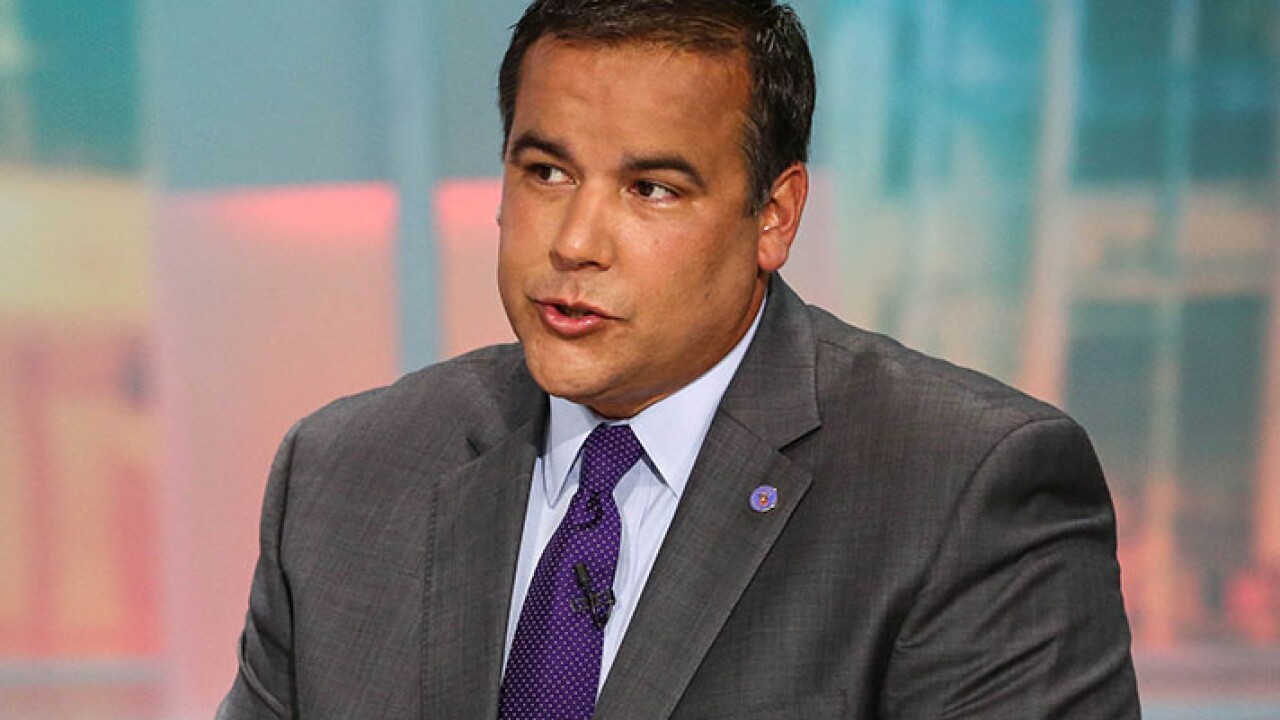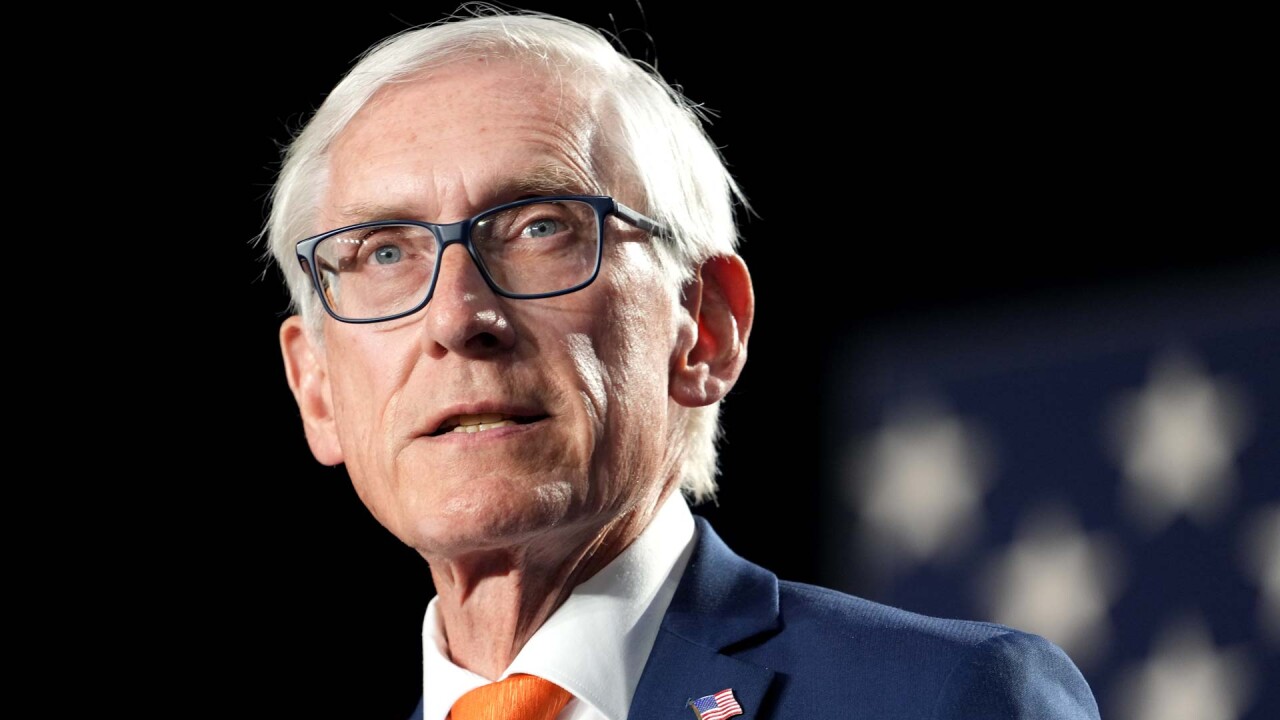DALLAS — Dallas is looking at a fiscal 2013 budget gap between anticipated revenues and expected expenses of $49 million at best, but at worst it could grow to $87 million, city manager May Suhm told the City Council Wednesday.
The city cannot operate on a deficit, Suhm said, so the shortfall won’t be there when the council votes in September on the final budget. Dallas’ fiscal year begins Oct. 1.
“We will be bringing you a balanced budget in August,” Suhm said at the council’s first budget briefing for fiscal 2013.
The preliminary information presented by Suhm and chief financial officer Jeanne Chipperfield showed a best-case scenario with revenues up $1.3 million with additional expenditures of $50.2 million, for a low-end revenue shortfall of $48.9 million.
In the $87 million worst case, Suhm said, revenues would be down $24.6 million and expenditures up $62.4 million.
“These are very, very preliminary numbers,” she said. “I feel optimistic that the sales tax will hold up for the next 10 months, but that’s a very volatile revenue stream. These numbers will become clearer in May.”
Chipperfield said the fiscal 2013 budget assumes sales tax revenues will be up 1.6%, which would bring in an additional $3.5 million, or down by 0.7%, for a drop of $1.5 million.
She said the fiscal 2012 budget of $1 billion includes $215 million from the city’s sales tax, an increase of 1% from fiscal 2011 revenue.
“We’re right on track,” Chipperfield said. “I believe we will meet our expectations.”
Sales tax collections in October and November have been encouraging, according to Suhm.
“The first two years of fiscal 2012 look very good,” she said. October revenues beat October 2010 revenues by 9%, she said, and November collections were up 4%.
Suhm said sales tax revenues are linked to the price of gasoline, even though there is no sales tax on the fuel.
“The price of gasoline is the single most important factor that impacts on discretionary spending,” she told the council. “We’ll be keeping a close eye on that.”
Projections for property tax revenue next year will be firmer when the final figures are released by the Dallas County Appraisal District in May, Suhm said.
A 2.1% drop in assessments would result in a drop of $8.9 million from the property tax, she said, while a 0.1% increase would bring in an additional $400,000 in fiscal 2013.
The budget assumes no change in the current property tax rate of $0.797 per $100 of assessed value and includes $0.2591 for debt service and $0.5379 for operations and general fund expenditures.
The general fund budget outlined to the council does not include debt service, Chipperfield said. That budget will de developed independently.
The level of debt service will depend on how much of the city’s $350 million commercial paper program must be reimbursed with general obligation bond proceeds. Dallas has used the CP program since 2010 to finance bond projects while under construction.
“That amount will depend on when contracts are awarded or design work is completed,” Suhm said.
Dallas has $1.8 billion of outstanding GO debt rated AA-plus by Standard & Poor’s and Aa1 by Moody’s Investors Service.
The City Council is expected to call for a GO bond election in November for between $450 million to $550 million.





